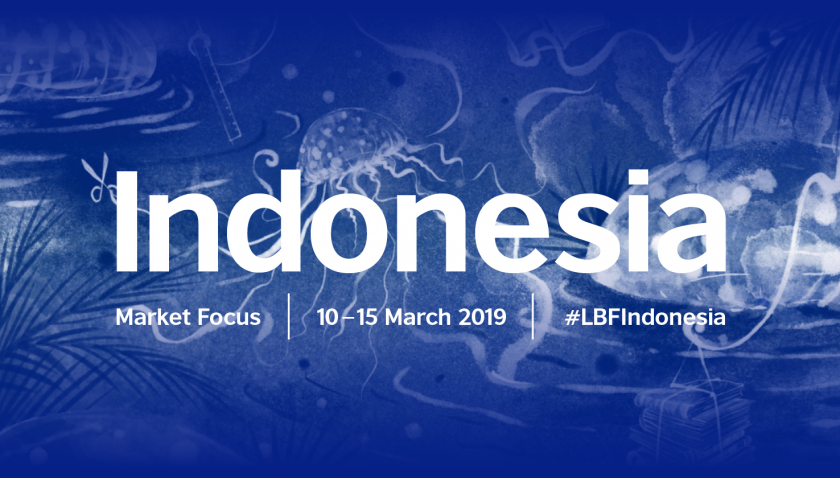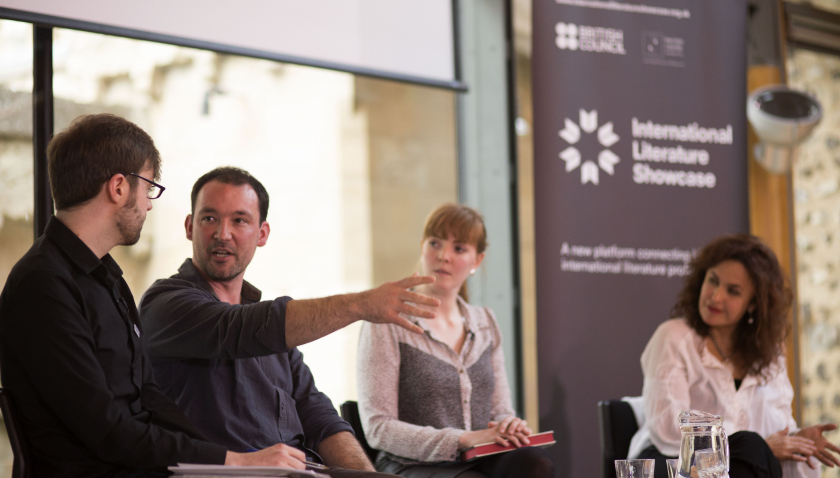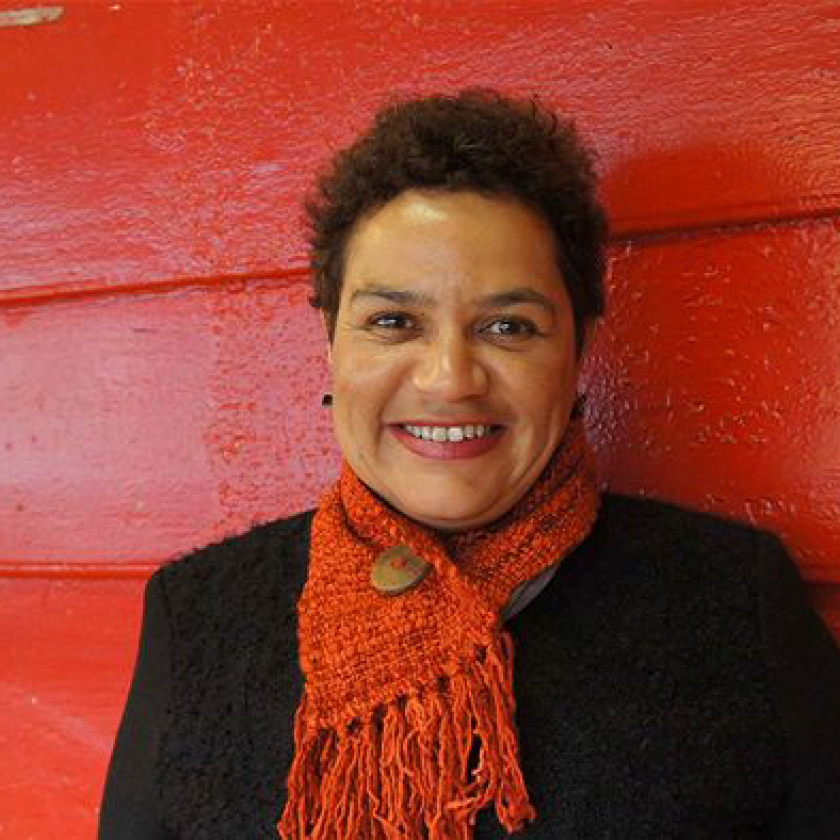It’s a long-standing joke in lockdown now – among those of us quarantined, self-isolating, or lucky enough to keep working from home – that we don’t know which day it is. Or even which week. And did I shower this morning, or was it yesterday? Our immediate surroundings have been so similar for so long, we’ve lost the variation we typically use to put our memories in order.
But of course plenty of changes have occurred. Most notably, in many countries the rules of lockdown have developed – relaxed in some places, tightened in others. Schools are reopening; hairdressers; bookshops. In some countries, restaurants are staying closed voluntarily, in others, at the government’s decree.
It’s this difference, between legal instruction and personal choice, that is especially resonant in the current crisis. The difference between what you choose to do or not do, what you do and don’t agree with personally, versus what your government says you can do, has always existed. We make those choices every day. But they’re more pronounced now – more obvious. In New Zealand, schools have reopened, but attendance is voluntary. Parents and children are invited to look around, consider the health of themselves, their families, and their neighbours, and decide on what – or who – to put at risk.
It’s this decision that literature might help us with. Poetry offers the unfiltered single perspective; novels the broad expanse of a country; short stories the tight focus on a region. Travel writing, especially, offers the outsider’s perspective on a country’s culture – its workings clear because of their different to the writer’s hometown – while fiction produced from that same world can offer a different image, a joyful self-conception and lived reality. In this week’s Literature on Lockdown a special focus on #EastAfricaArts, with recommendations from British Council staff in the region, shows us how a country recognises itself, while Ryszard Kapuściński, in an archived issue of Granta, offers us an outsider’s view of the West African nation of Cameroon. The Feminist Library’s book group, too, considers feminism across different countries and languages, to ask how shared perspectives, and different interpretations, might lead to new thinking.
Observing the rules, but paying close attention to our own lives, our own decisions; using the empathy of literature to remember that there are minds like and unlike or own, that there are people we bear the responsibility for through our behaviour: literature remains a constant and contemplative guide, even when the rules, or the conditions, around us change.
Read
Indonesian poet and author Norman Erikson Pasaribu – one of the writers selected for the British Council’s Indonesia Market Focus at The London Book Fair last year – has published a new short story, ‘So What’s Your Name, Sandra?’ in Catapult magazine, available to read free online. The story is translated by Tiffany Tsao who, as well as publishing her own fiction, translated Pasaribu’s poetry collection Sergius Seeks Bacchus for Tilted Axis Press last year.
Journeys are still off-limits for most of us, but Granta magazine this week has made ‘Necessary Journeys‘ – an issue from Spring 2001 – available to all. As the crisis continues, each week the magazine makes one of its back issues open-access. ‘Necessary Journeys’ sees Ryszard Kapuściński visit Cameroon, Dayanita Singh and Sunil Khilnani report from Benares, and contains an extract from Ian McEwan’s prizewinning novel Atonement, set in Dunkirk.
If you’re looking for something longer than a short story or essay, but can’t find something to settle on, try LitHub’s Personalised Quarantine Book Recommendations, a sort of agony-aunt-meets-taste-matching service that asks readers to submit their cultural favourites – books, music, meals and sensations – and matches them to novels to help them through lockdown. From masterworks by Umberto Eco and James Baldwin, to cult favourites by Leon Forrest and Fleur Jaeggy, it’s an inspiring selection of names.
Discover
Bocas Lit Fest have launched #MyCaribbeanLibrary to discover The 100 Caribbean Books That Made Us. Contributors are encouraged to name the Caribbean books that have meant the most to them, from childhood to adulthood, to share unforgettable reads, and to say why these stories hold pride of place in their hearts. Works by Vahni Capildeo, Elizabeth Nunez and Kei Miller have already been suggested, among many others – a great opportunity whether you are looking for something new to read or have a much-loved novel you’d like others to discover.
Zimbabwean-born, London-based writer Belinda Zhawi has created a Mixtape for Zimbabwe as part of BBC Radio 4’s ‘Art of Now’ series – a selection of songs, sounds and reflections in dedication to her birth country, looking back across the forty years since it gained independence from the United Kingdom.
While lockdown prevents new books from getting into the hands of readers in some of the more traditional methods – book launches, festivals, and readings – the literature world continues to come up with inventive ways around this. The UK’s National Centre for Writing is currently teaming up with New Dutch Writing for a series of virtual events, ‘Meet the World’, to help forge new connections between international readers and writers, and to promote selected new books of 2020. On 27 May, Dutch poet Charlotte Van den Broeck will be in conversation with her English-language translator David Colmer to help launch her collection Chameleon.
Participate
International readership continues to forge new connections with The Feminist Library’s book clubs: on 25 May, the library’s English, Polish and Spanish book groups will join to discuss feminist statements and slogans in different translations, in order to generate conversations about European and international feminist identities, to share experiences about migration and interconnections between Europe and the rest of the world, and how the current crisis can be used to build international feminist solidarity.
Young People’s Laureate for London Theresa Lola, in conjunction with Spread the Word, has launched #SayYourPeace, a campaign that encourages young people to use poetry to find peace and solace during the uncertain times the world faces. Taking its lead from the Young Minds Survey, which found that more than 80% of young people with a history of mental ill-health have found their conditions have worsened since the coronavirus crisis began, the campaign will showcase poems shared by young people – a favourite quote, or their own work – that has helped them in recent times. Selected works will appear on the website, alongside Lola’s own poems.
Fitzcarraldo Editions in the UK, New Directions in the US, and Giramondo in Australia and New Zealand have announced their partnership for The Novel Prize – an award for new unpublished novels ‘which explore and expand the possibilities of the form, and are innovative and imaginative in style’. The winner will receive $10,000 and have their novel published simultaneously by all three publishers.
Inspired by its collection of miniature books – including John Marshall’s matchbook-sized creations and the tiny books Queen Mary had in her dollhouse – the British Library is inviting children to follow in the footsteps of the Brontë sisters, and create their own miniature books at home. Just as Anne and Emily used scraps of wallpaper, old writing paper and empty sugar sachets, British Library Learning is encouraging children to create their books out of the craft materials in their houses. Gruffalo illustrator Axel Scheffler and Tracy Beaker author Jacqueline Wilson have both already created their own books for the library.
#EastAfricaArts Focus
Rocca Holly-Nambi, Head of Arts Kenya and East Africa, recommends the AfroQueer Podcast – an award-winning podcast that tells the stories of queer Africans 'surviving and thriving, living and loving' across the continent.
Rasheeda Nalumoso, Arts Manager Uganda, recommends the African Writers’ Trust blog, most notably their recent post on the eight must-read African books to get you through lockdown. Recommending works by Tade Thompson, Akwaeke Emezi, and Alain Mabanckou, writer and academic Isabel Hofmeyr states in the article that these novels are the continent’s own views of itself – filled with ‘the effervescence and animation of ongoing literary experimentation and creativity’ – rather than the ‘sober realist’ stories of ‘those looking from the global North’.
Hyppolite Ntigurirwa, Arts Manager Rwanda, recommends the new audiobook of the award-winning novel Petit Pays by Gaël Faye, recently translated into Kinyarwanda by Olivier Bahizi Uwineza to be broadcast on Rwanda’s Radio 10, and available on SoundCloud. Published by Hogarth in English as Small Country, and translated by Sarah Ardizzone, the novel charts the experience of a 10-year-old refugee in Burundi and France, during the time of the 1994 genocide.
And for those seeking out conversation and inspiration, the Ndini Podcast – founded by Sandra Chuma with the aim to highlight the voices and stories of African women – has a new episode featuring Jennifer Nansubuga Makumbi, recently selected by Jackie Kay as one of the voices for the British Council’s International Literature Showcase, in which she discusses challenging the literary canon for Africa.



